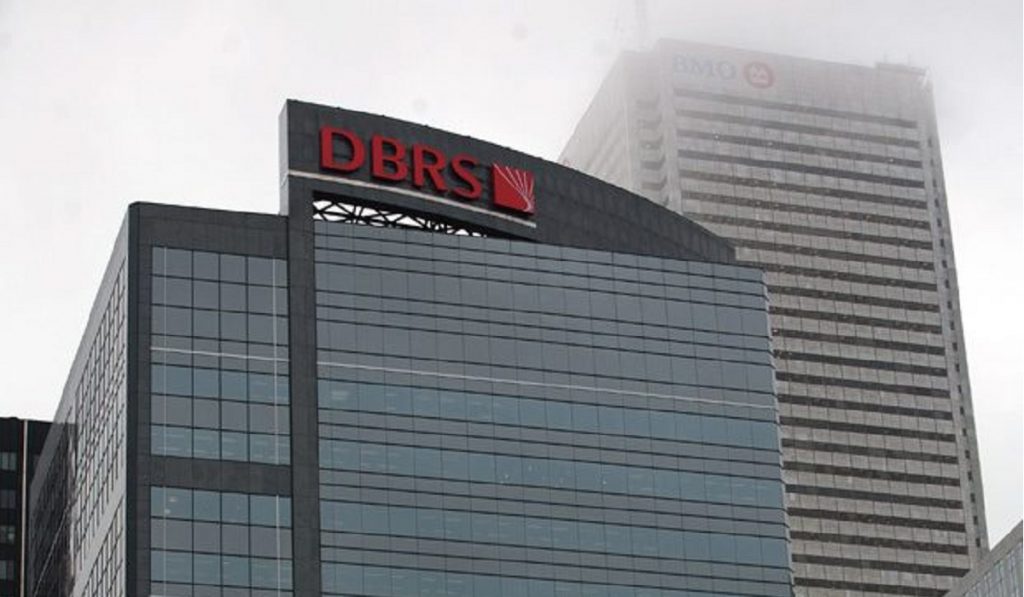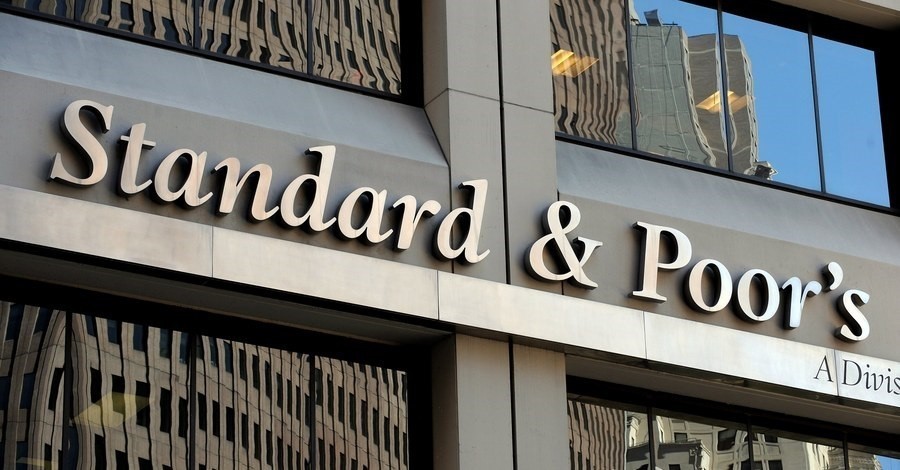
#Tags:
DBRSGreek economyCredit rating agency DBRS confirms Greece’s credit rating at BBB (low)

FILE PHOTO: The DBRS headquarters. Photo: dbrs.com
The credit rating agency DBRS (DBRS Morningstar) confirmed Greece’s credit rating at BBB(low) with a stable outlook, on Friday night (Athens time).
The Canadian rating agency had assigned an investment-grade rating to Greece last September, following the German credit rating firm Scope, with S&P and Fitch making corresponding moves in October and December, respectively.
In its announcement, DBRS notes that the steady trend reflects its balanced view on the risks to the credit rating.
“ Sound economic performance along with rising primary surpluses should help the public debt-to-GDP ratio to remain on steep downward trajectory going forward. Following strong GDP growth of 5.6% in 2022, Greece’s economic activity is moderating to around 2% and should remain above this level in the 2024-2025 period. Rising primary surpluses, projected above 2% of GDP in the same period, from 1.1% in 2023, will help the public debt as a share of GDP to decline below 150% of GDP in 2025, after the estimated 160% of GDP last year. Moreover, the implementation of structural reforms has been gaining strong momentum, which along with higher investments, supported by European Union (EU) resources, should raise GDP potential. Nevertheless, increasing geopolitical risks affecting trade, and a more severe than expected impact on the economy stemming from the current tight financing conditions, could result in slower growth and weaker public finances.
Greece’s BBB (low) credit ratings are underpinned by its EU and euro area membership and by the implementation of past economic reforms that have enhanced the resilience of the economy. The country continues to make progress on the execution of its Recovery and Resilience Plan (RRP or Greece 2.0), which consists of reforms that will boost inclusive growth and investment, thereby narrowing the investment gap between Greece and its euro area peers. Morningstar DBRS takes the view that EU resources will continue to provide incentives for the implementation of growth enhancing reforms, while supporting investment growth with funds also channeled through the strengthened banking system. The credit ratings are constrained by the economic legacies inherited from Greece’s prolonged crisis, namely, the very high public debt ratio, still sizeable level of non-performing loans (NPLs), and the high, although now close to single digit, unemployment rate”, DBRS notes.
Source: ΑΝΑ – ΜPA
Ακολουθήστε τη HELLAS JOURNAL στη NEWS GOOGLEParliament passes bill establishing private universities in Greece

